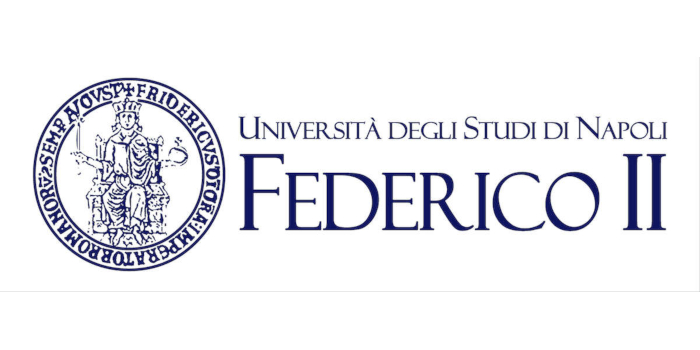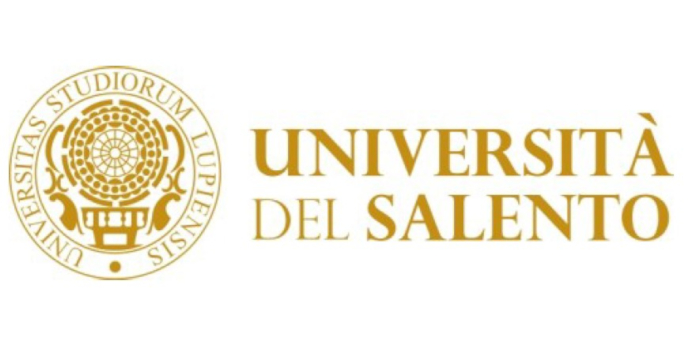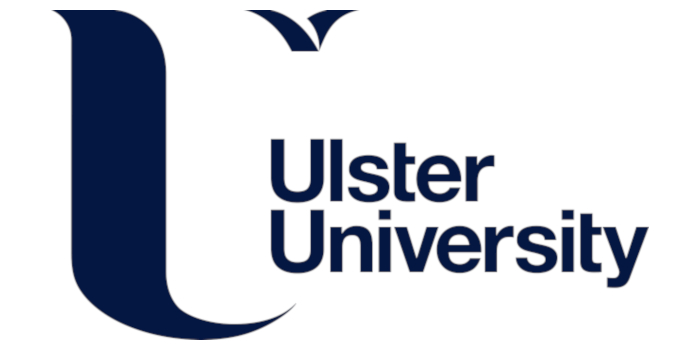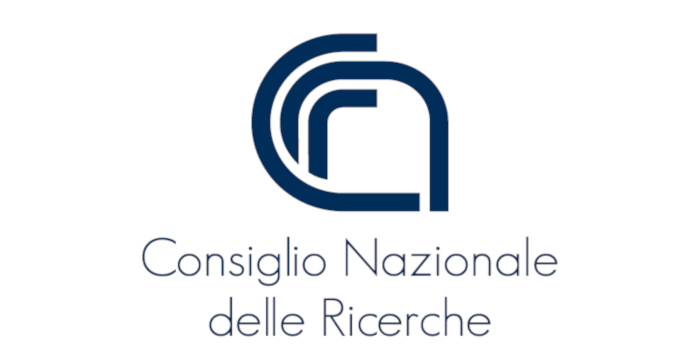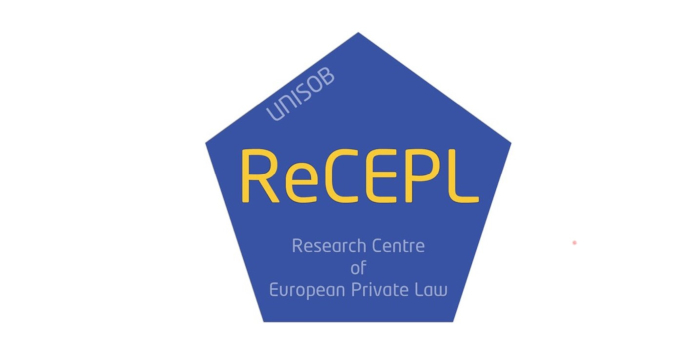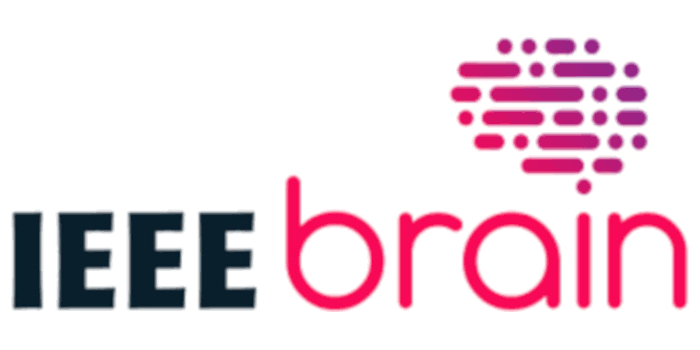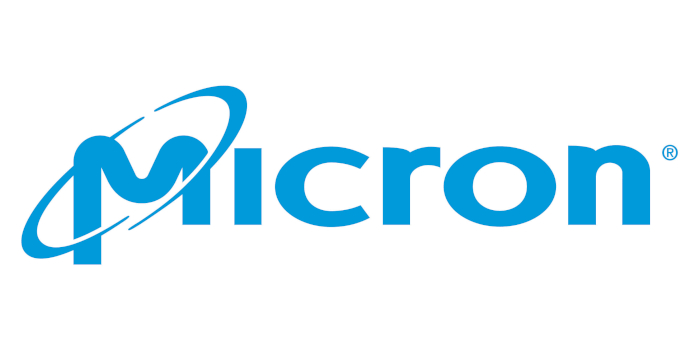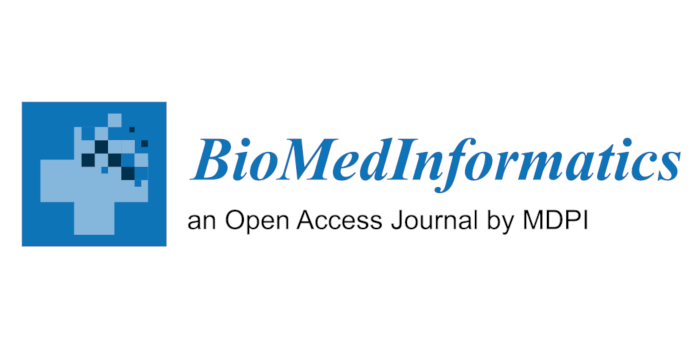Machine Learning methods for biosignal modeling and interpretation
ORGANIZED BY
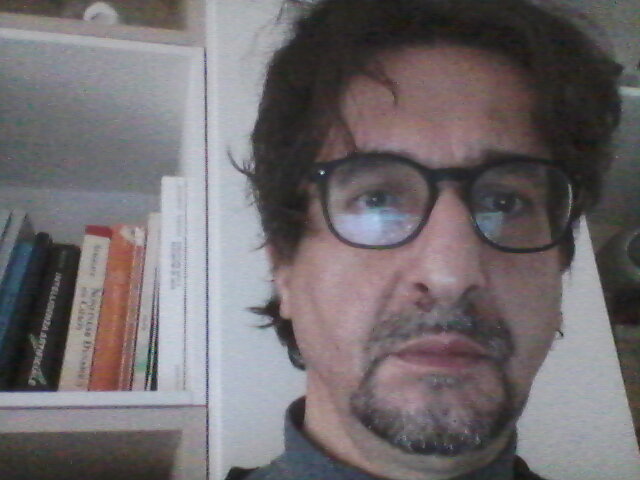
Roberto Prevete
University of Naples Federico II, Italy
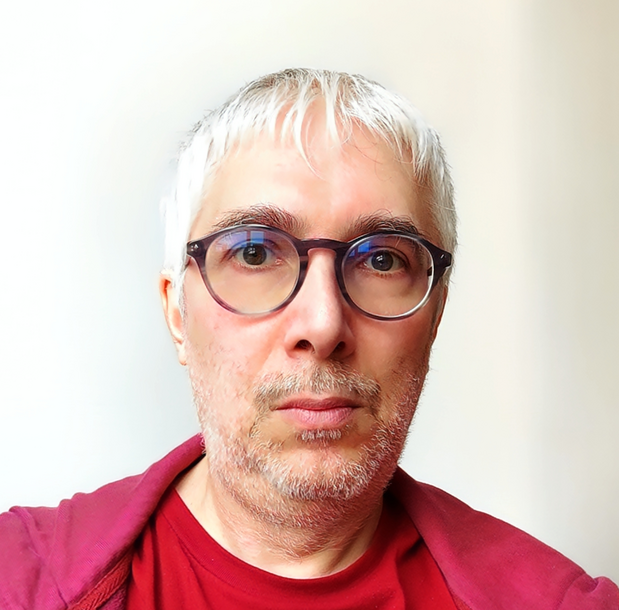
Francesco Isgrò
University of Naples Federico II, Italy
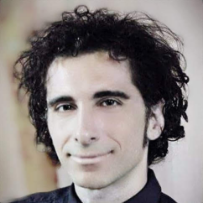
Francesco Donnarumma
Institute of Cognitive Sciences and Technologies, Italian National Research Council
ABSTRACT
Biosignals are space, time, or space-time measurements of a biological system’s functions such as brain activity, heartbeat and muscle contraction. The inherent complexity of many of these signals represents an exciting research challenge insofar as the analysis and interpretation of biosignals can provide critical information on the physiological or pathological status and functions of a biological system. Consequently, it is a prominent multidisciplinary research area encompassing biology, medicine, engineering, and computer science. In particular, innovative and increasingly successful machine learning techniques, such as deep learning and explainable artificial intelligence, can significantly contribute to this research area.
This Special Session aims to discuss research advancements in machine learning methods that can process and extract knowledge for biosignals. Also, it aims at reporting the design and development of novel machine learning systems that use bio-signals to address specific application scenarios, such as human-computer interaction and health status monitoring.
TOPICS
Topics of interest include, but are not limited to, the following:
- Deep learning for biosignal analysis and interpretation
- Human–computer interaction
- Human movement analysis
- Assistive devices
- Health status monitoring
- Emotion detection
- Computational Neuroscience
- Biomedical Image Processing and Analysis
- Affective Computing
- Explainable artificial Intelligence for biosignal analysis and interpretation
ABOUT THE ORGANIZERS
Roberto Prevete (Ph.D. in Applied Mathematics and Computer Science, UNINA) is assistant professor of computer science at UNINA-DIETI. His research interests span computational neurosciences, medical image analysis, and Artificial Neural Networks (ANNs). Research on ANNs includes theoretical and application inquiries on feed-forward and recurrent architectures. He collaborated in several european projects and is author of about one hundred publications on international journal and conference proceedings.
Francesc Isgrò is currently Associate Professor in Computer Science at the Dipartimento di Ingegneria Elettrica e delle Tecnologie dell'Informazione, Università di Napoli Federico II (IT). He received a PhD in Computer Science from Heriot-Watt University (UK). His research interests are computer vision, pattern recognition and machine learning, biomedical image analysis. He is author of about one hundred publications on international journal and conference proceedings.
Francesco Donnarumma is a Researcher at the Institute of Cognitive Sciences and Technologies (ISTC-CNR), in Rome. He got a degree in Physics (Cybernetics) at the University of Naples Federico II and a Ph.D. in Computer and Information Science at the Department of Mathematics of the University of Naples Federico II. His research focuses on computational modelling of brain functions. Now, He is working on an architecture (a multi-purpose interpreter) based on Dynamical Neural Networks endowed with the concept of programmability in such a way to exhibit multiple behaviours and “fast“ switching among them. He is working on applications for cognitive robotic systems and studying its machine learning consequences.


